Home>Garden Essentials>How Long For Luffa To Germinate
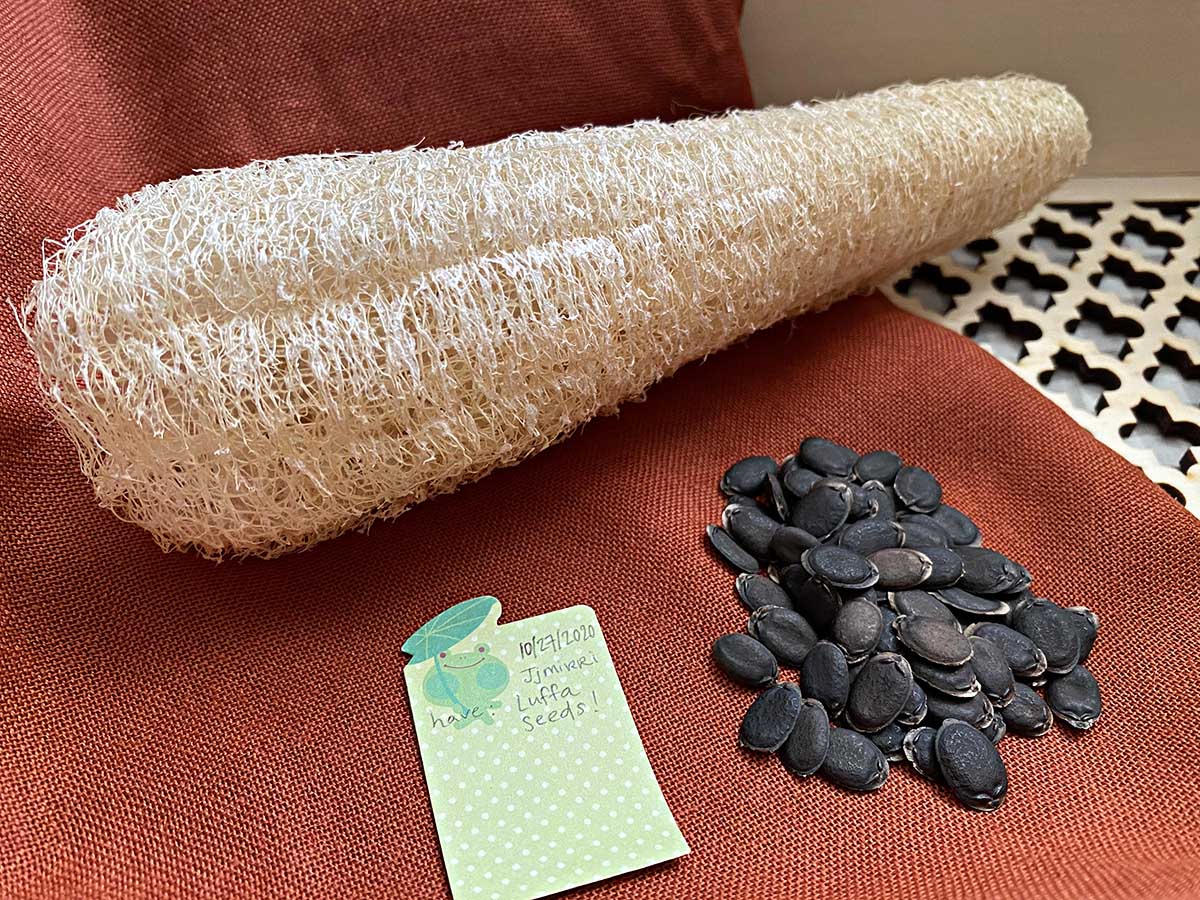

Garden Essentials
How Long For Luffa To Germinate
Modified: August 20, 2024
Learn how long it takes for luffa seeds to germinate and start growing in your garden. Gain insights on the germination process and optimal conditions.
(Many of the links in this article redirect to a specific reviewed product. Your purchase of these products through affiliate links helps to generate commission for Storables.com, at no extra cost. Learn more)
Introduction
Gardening enthusiasts and green thumbs rejoice! If you’re eager to grow your own luffa, also known as sponge gourd, you may be wondering how long it takes for luffa seeds to germinate. Luffa plants not only produce unique and fascinating fruits but also offer a range of practical uses, such as natural sponges and exfoliating tools.
Germination is the crucial first step in the luffa growing process. Understanding the factors that influence germination and providing the ideal conditions can help ensure successful sprouting. In this article, we will explore the various elements that affect luffa germination, share tips to promote faster sprouting, and discuss the typical germination time frame for luffa plants.
So, grab your gardening gloves and let’s dive into the world of luffa germination!
Key Takeaways:
- Luffa seeds need warmth, moisture, and darkness to sprout. Patience is key as they take 7-14 days to germinate. Care for them with love and watch them grow!
- Pre-soak luffa seeds, keep them warm, and provide consistent moisture for faster germination. Protect from frost, provide support, and monitor for pests. Happy gardening!
Read more: How Long To Germinate Pitaya
Factors Affecting Luffa Germination
Several factors play a crucial role in the germination process of luffa seeds. By understanding these factors, you can create the optimal conditions to enhance germination rates and ensure successful sprouting.
- Temperature: Luffa plants thrive in warm weather, and their seeds require a minimum soil temperature of around 65°F (18°C) for optimal germination. Temperatures below this range may delay or inhibit germination. It is essential to provide consistently warm conditions to promote successful sprouting.
- Moisture: Adequate moisture is essential for luffa seed germination. Before planting the seeds, it is recommended to soak them in water for 24 hours, allowing them to absorb moisture and speed up the germination process. Additionally, maintaining a consistently moist soil during the germination period is crucial. Ensure that the soil is not soggy or overly dry, as both conditions can negatively affect germination rates.
- Light: Luffa seeds do not require light to germinate. In fact, they actually prefer darkness. When sowing the seeds, cover them with a thin layer of soil to ensure they are adequately shielded from light. This will help create the perfect environment for germination.
- Seed Quality: The quality of the luffa seeds also plays a significant role in germination success. It is important to obtain seeds from reputable sources to ensure their viability. Fresh, high-quality seeds have a higher chance of germinating quickly and producing healthy seedlings.
- Seed Depth: Luffa seeds should be planted at a depth of about 1 inch (2.5 cm) in the soil. Planting them too shallow or too deep can impact germination rates. It is crucial to follow the recommended seed depth to provide the right conditions for sprouting.
By considering these factors and addressing them appropriately, you can greatly increase the chances of successful luffa seed germination. Now that we have explored the factors influencing germination, let’s move on to creating the ideal conditions for luffa sprouting.
Ideal Conditions for Luffa Germination
To ensure the successful germination of luffa seeds, it is important to provide the ideal conditions that promote sprouting. By creating an environment that caters to the specific needs of luffa plants, you can significantly increase germination rates. Here are the key factors to consider:
- Warmth: Luffa seeds require warm temperatures to germinate effectively. Aim for a soil temperature of around 65°F to 85°F (18°C to 29°C) for optimal sprouting. You can use a soil thermometer to monitor and maintain the temperature within this range.
- Moisture: Adequate moisture is critical for luffa seed germination. Soak the seeds in water for 24 hours before planting to ensure they are well-hydrated. When sowing, ensure that the soil is consistently moist but not waterlogged. You can mist the soil surface gently or provide bottom watering to maintain the moisture level.
- Light: While luffa seeds don’t require light to germinate, they do need darkness. Cover the seeds with a thin layer of soil to protect them from light. This will create the ideal environment for sprouting.
- Well-Drained Soil: Luffa plants prefer well-drained soil to prevent waterlogging, which can lead to rotting seeds. Ensure that the soil has good drainage by amending it with organic matter, such as compost or peat moss. This helps improve soil structure and moisture retention without sacrificing drainage.
Optimal pH: Luffa plants thrive in slightly acidic to neutral soil with a pH range of 6.0 to 7.5. Test the soil pH using a reliable soil testing kit and amend it if necessary to create the optimal pH level for luffa germination.
By providing these ideal conditions for luffa germination, you are setting the stage for successful sprouting. Remember to monitor the temperature, moisture, light, and soil quality regularly to ensure a conducive environment for the seeds to grow into healthy seedlings.
Next, let’s explore the typical germination time frame for luffa plants.
Luffa seeds typically germinate within 7-10 days when planted in warm, well-drained soil. Keep the soil consistently moist to help speed up the germination process.
Germination Time for Luffa
When it comes to luffa germination, patience is key. Luffa seeds generally take around 7 to 14 days to germinate under optimal conditions. However, it’s important to note that germination can vary based on several factors, including temperature, moisture, seed quality, and even the specific variety of luffa.
As mentioned earlier, maintaining a consistent soil temperature of around 65°F to 85°F (18°C to 29°C) is crucial for promoting faster germination. Warmer temperatures generally expedite the germination process, while cooler temperatures may result in slower or delayed sprouting.
The moisture levels in the soil also play a significant role in germination time. Keeping the soil evenly moist, but not overly saturated, helps the seeds absorb water and initiates the germination process. Dry or waterlogged soil can hinder or inhibit germination, so it’s essential to find the right balance.
Additionally, the quality of the luffa seeds can impact germination time. Fresh, high-quality seeds sourced from reliable sources tend to have a higher germination rate and sprout more quickly compared to older or lower-quality seeds.
It’s worth mentioning that certain luffa varieties may have slight variations in germination time. While the general timeframe of 7 to 14 days is a good guideline, be prepared for some variations based on factors like genetics and environmental conditions.
During the germination period, it’s important to monitor the soil moisture, temperature, and provide the necessary care to support the growing seedlings. As soon as you notice the first signs of sprouting, such as seedlings breaking through the soil surface, you can begin transitioning them to their growing containers or garden beds.
Now that you have an understanding of the germination time frame for luffa, let’s explore some tips to promote faster and successful sprouting.
Tips for Promoting Luffa Germination
To ensure successful luffa germination and increase the chances of quick sprouting, consider implementing the following tips:
- Pre-soak the seeds: Before planting, soak the luffa seeds in water for approximately 24 hours. This process helps hydrate the seeds, kickstart the germination process, and can lead to faster sprouting.
- Use a seedling heat mat: Luffa seeds prefer warm temperatures for germination. By using a seedling heat mat, you can provide consistent warmth to the seeds, promoting faster and more successful sprouting.
- Provide consistent moisture: Keeping the soil consistently moist is crucial for luffa germination. Regularly check the moisture levels and water as needed, aiming for evenly moist soil. Avoid overwatering, as it can lead to root rot and hinder germination.
- Protect from frost: Luffa plants are sensitive to frost. If you live in an area with cool spring temperatures or late frosts, consider starting the seeds indoors or using protective covers, such as row covers or cloches, to shield the seedlings from cold temperatures.
- Transplant carefully: When it’s time to transplant the luffa seedlings, handle them with care to avoid damaging the delicate roots. Transplanting them into larger pots or the garden bed with minimal disturbance ensures their continued growth and development.
- Provide support: Luffa plants are vigorous climbers and require support as they grow. Install trellises, stakes, or other structures to support the vines and guide their growth. This will help prevent damage to the plants and make harvesting the mature fruits easier later on.
- Maintain proper spacing: Ensure that you provide ample spacing between luffa plants to allow for proper air circulation, sunlight exposure, and growth. Overcrowding can lead to competition for resources and increased disease risk.
- Monitor for pests and diseases: Regularly inspect the luffa plants for any signs of pests or diseases. Implement appropriate pest control measures and address any issues promptly to prevent them from impacting the germination and overall health of the plants.
By following these tips, you can create optimal conditions for luffa germination, promote faster sprouting, and set the stage for healthy growth and abundant harvest. Remember to provide ongoing care and attention to the luffa plants as they continue to grow and flourish.
Now that you’re armed with these helpful tips, get ready to witness the magic of luffa germination in your garden!
Read more: How Long For Oregano To Germinate
Conclusion
Growing luffa plants from seed can be a rewarding and enjoyable experience. Understanding the factors that affect luffa germination, creating the ideal conditions, and implementing proven tips can greatly increase the chances of successful sprouting.
Factors such as temperature, moisture, light, seed quality, and seed depth all play a crucial role in luffa germination. By providing the optimal conditions, such as warm temperatures, adequate moisture, darkness, and well-drained soil, you can create a favorable environment for the seeds to sprout. Additionally, taking care to use high-quality seeds and planting them at the recommended depth further enhances the chances of successful germination.
When it comes to germination time, luffa seeds generally take around 7 to 14 days to sprout. However, various factors, including temperature, moisture, and seed quality, can influence the exact timeframe. Patience is necessary during this period, and monitoring the soil conditions and providing necessary care are vital for successful germination.
By following the tips provided, such as pre-soaking the seeds, using a seedling heat mat, maintaining consistent moisture, protecting from frost, and providing support as the plants grow, you can promote faster and successful luffa germination. Additionally, ensuring proper spacing, monitoring for pests and diseases, and transplanting with care contribute to the overall health and development of the luffa plants.
Gardening is a journey filled with learning, experimentation, and patience. With the right knowledge, attention, and care, you can witness the magic of luffa germination and cultivate thriving plants. So, roll up your sleeves, get your hands dirty, and enjoy the process of growing luffa in your garden!
Frequently Asked Questions about How Long For Luffa To Germinate
Was this page helpful?
At Storables.com, we guarantee accurate and reliable information. Our content, validated by Expert Board Contributors, is crafted following stringent Editorial Policies. We're committed to providing you with well-researched, expert-backed insights for all your informational needs.
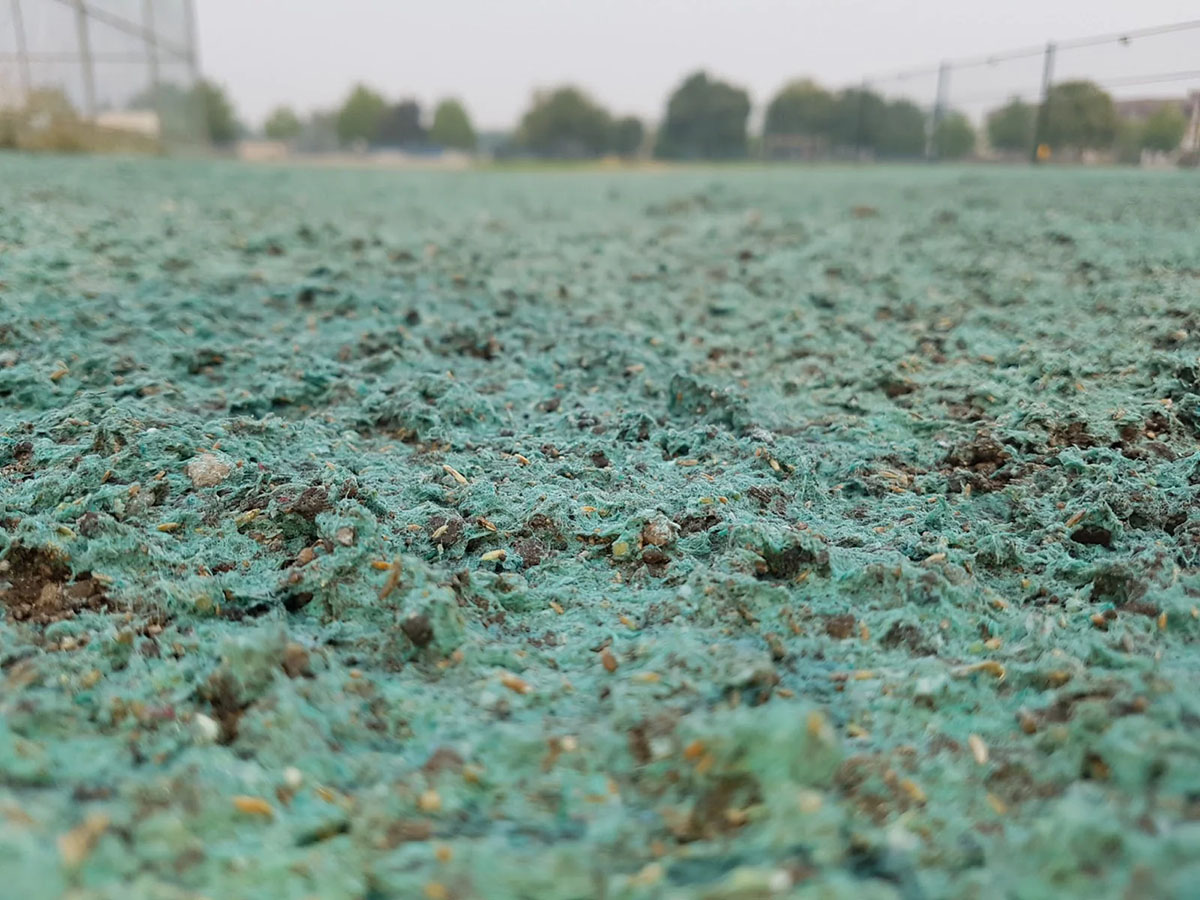
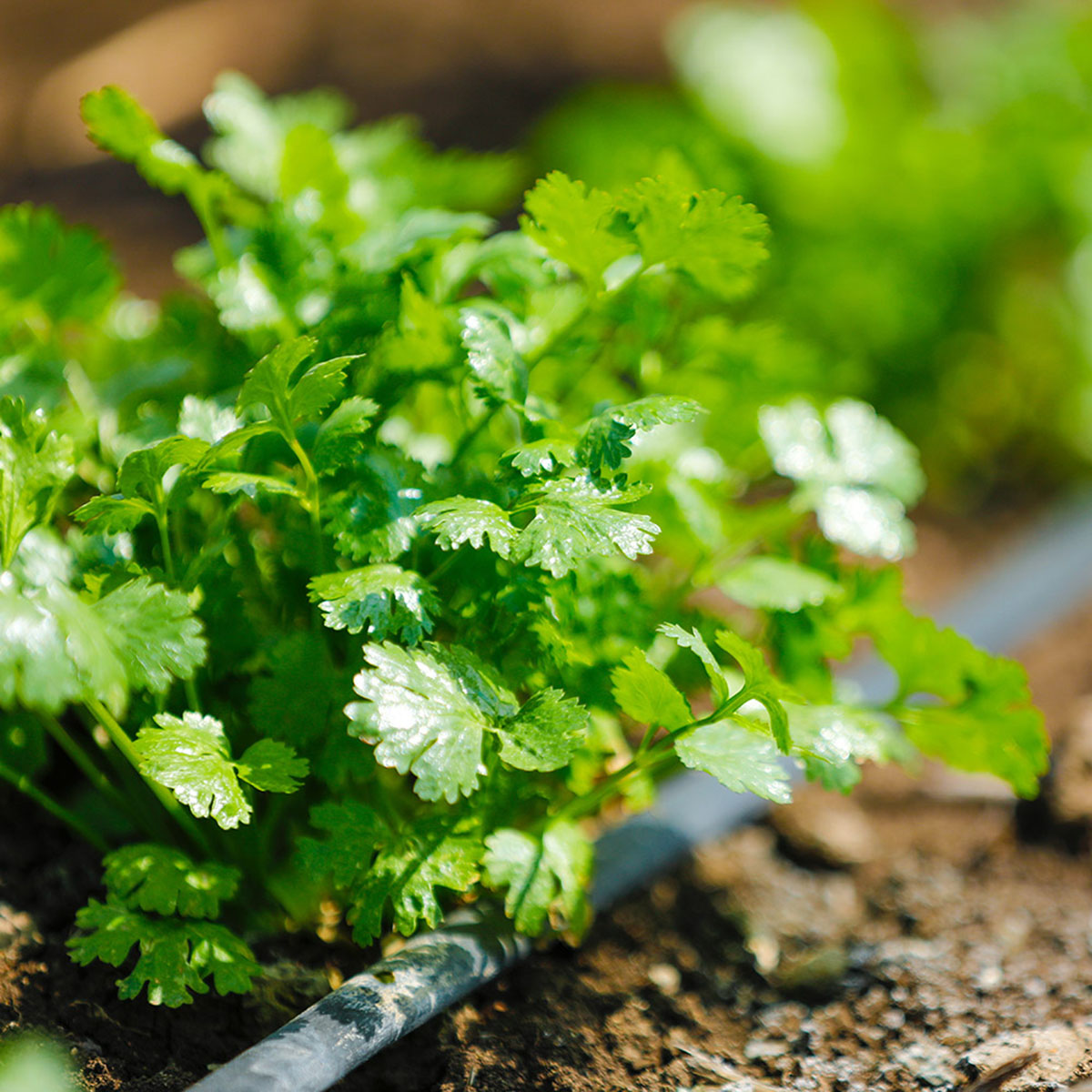
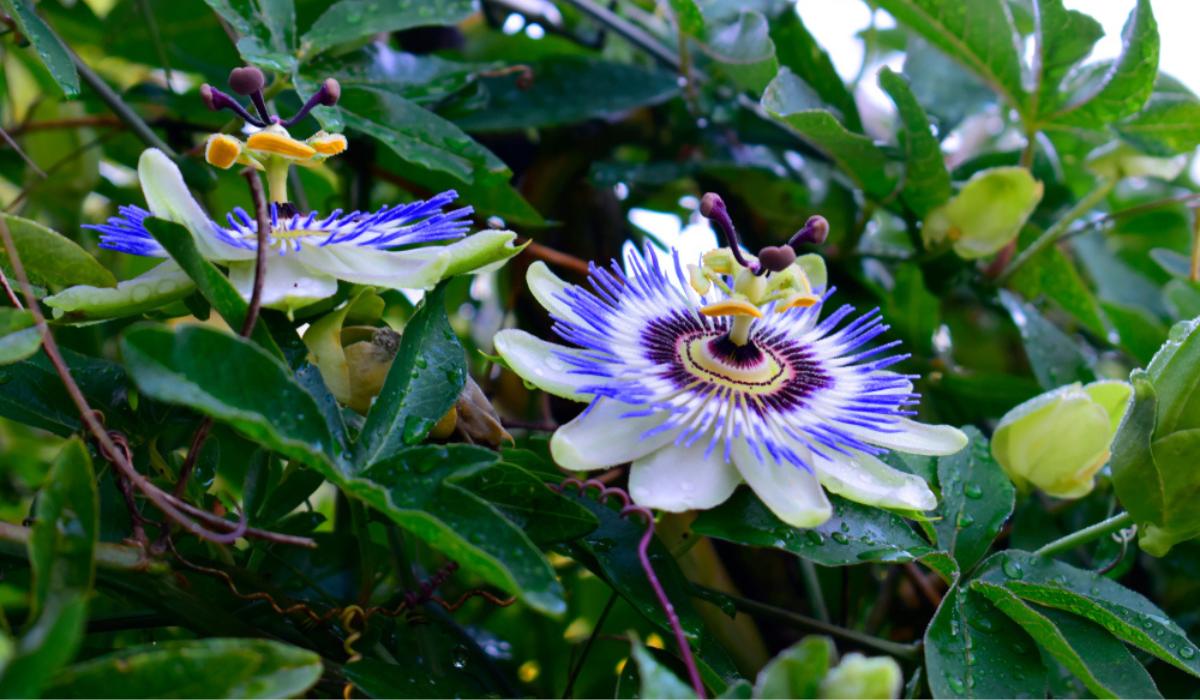
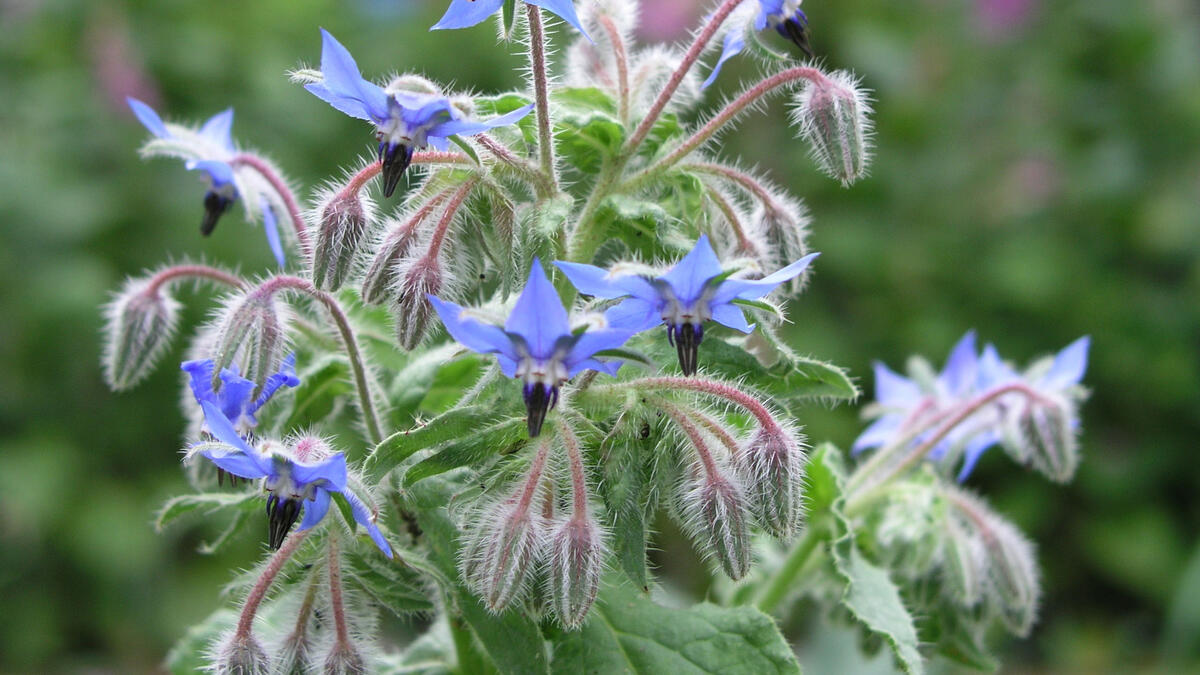
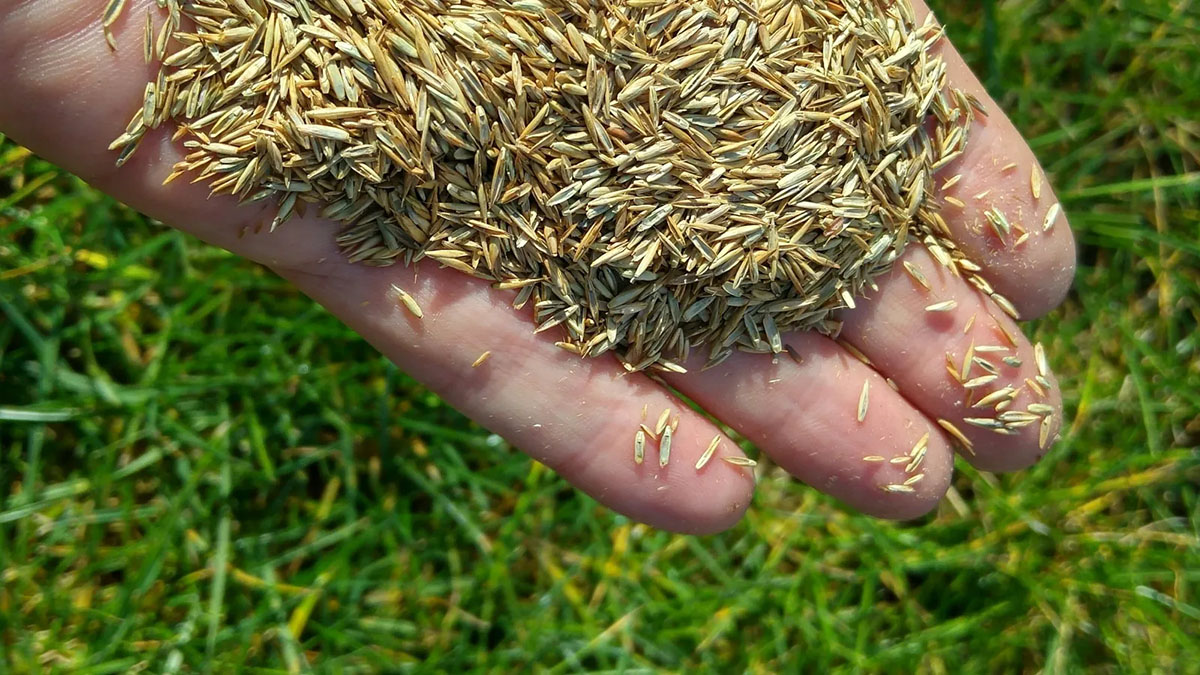
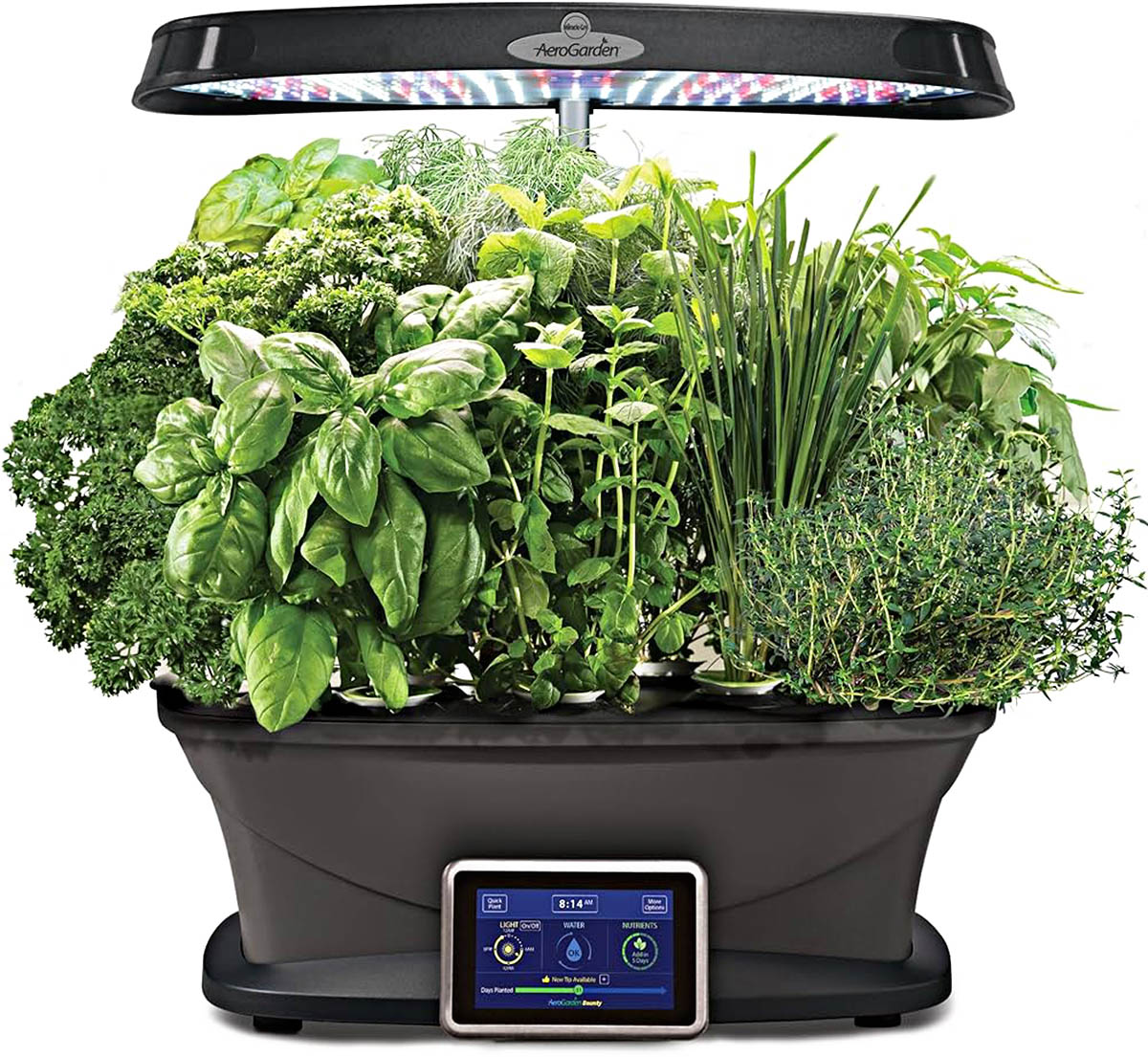

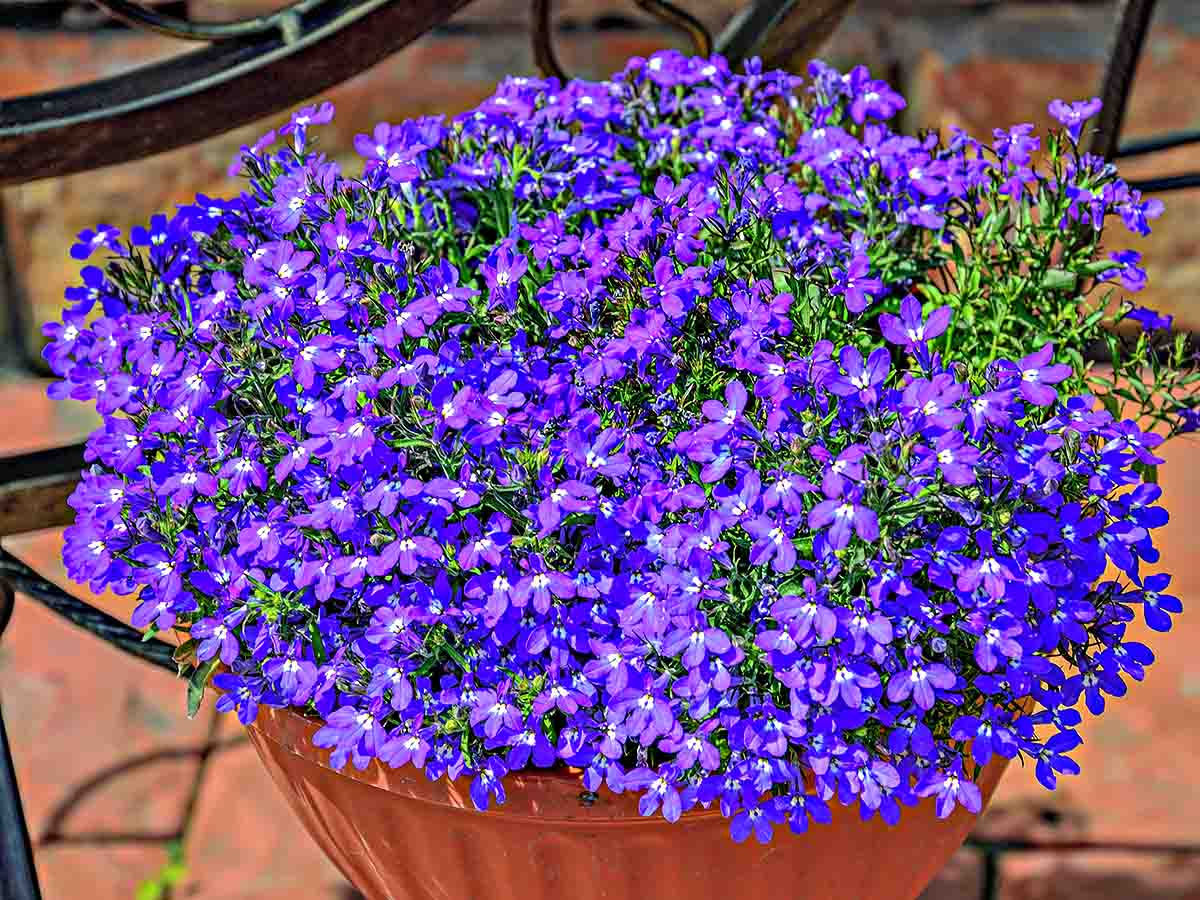
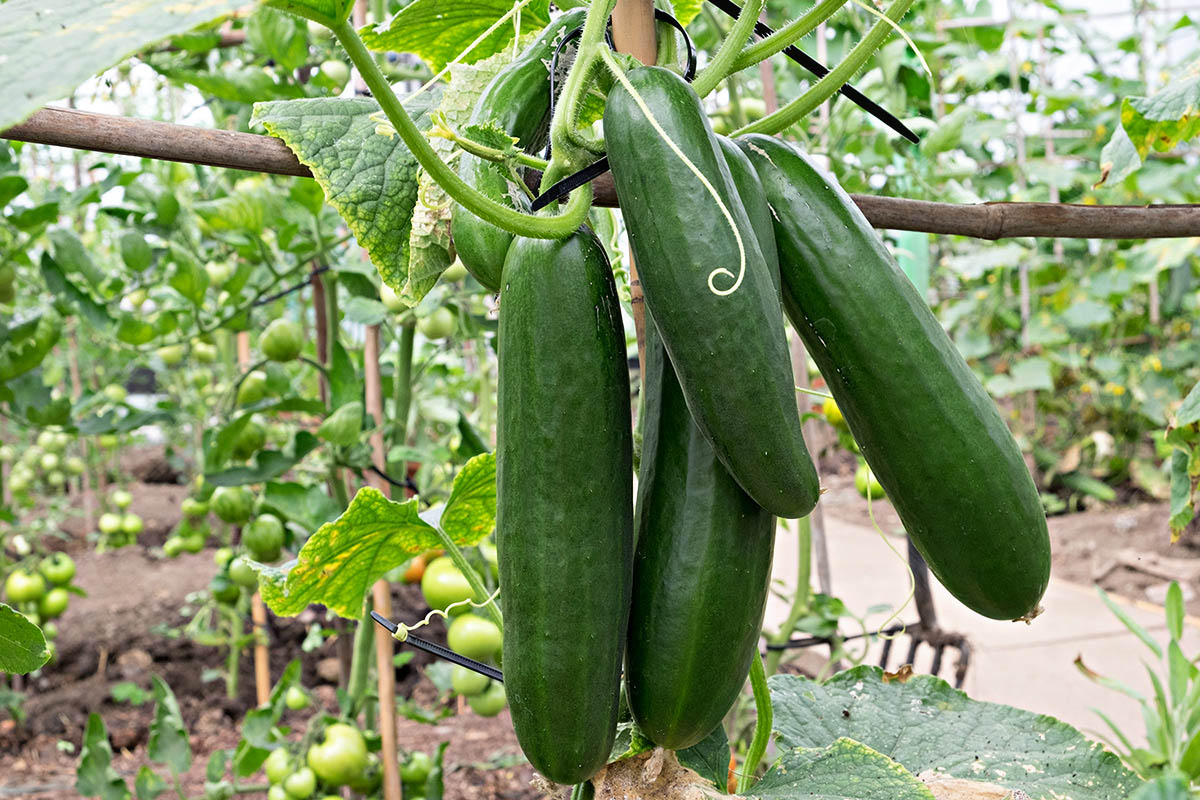
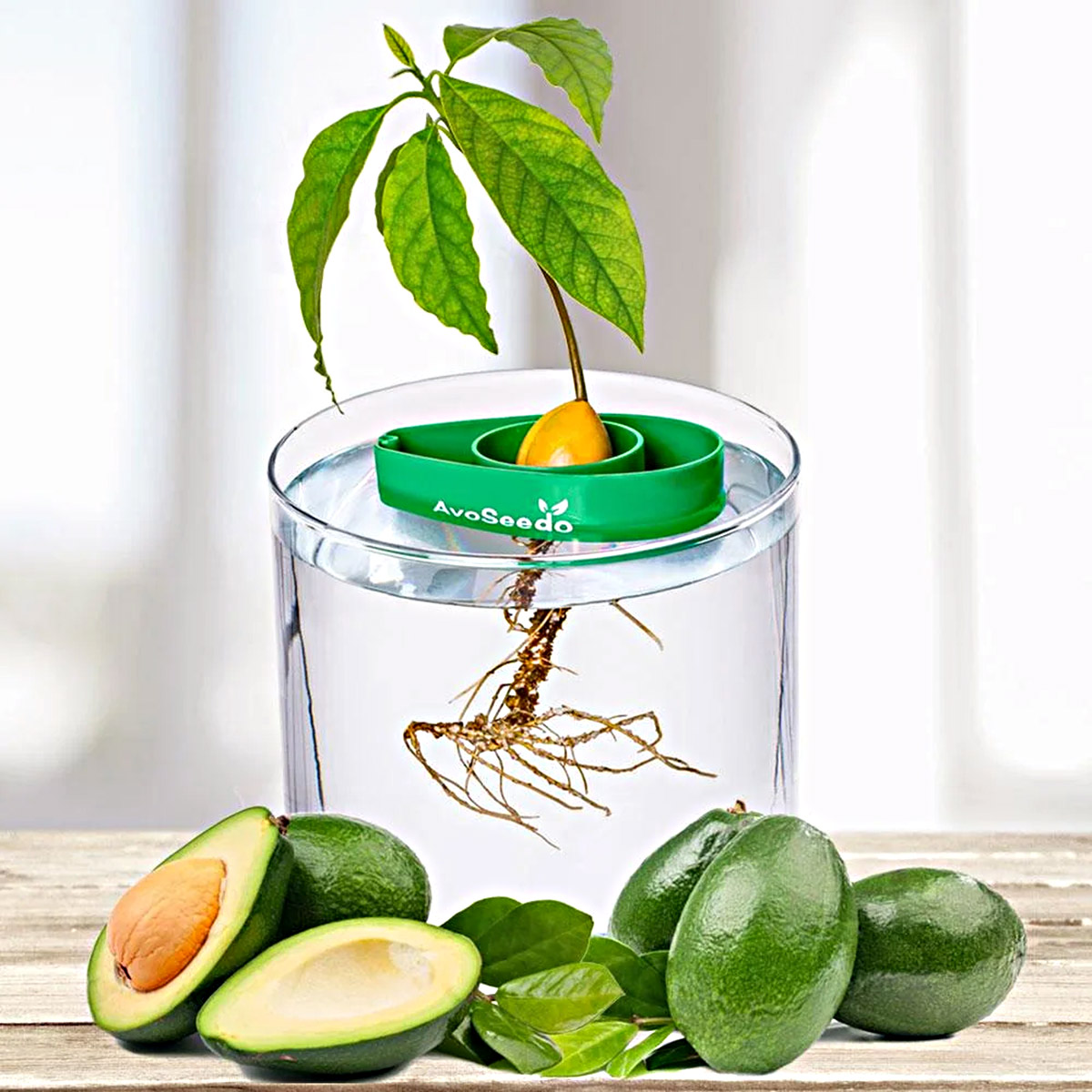
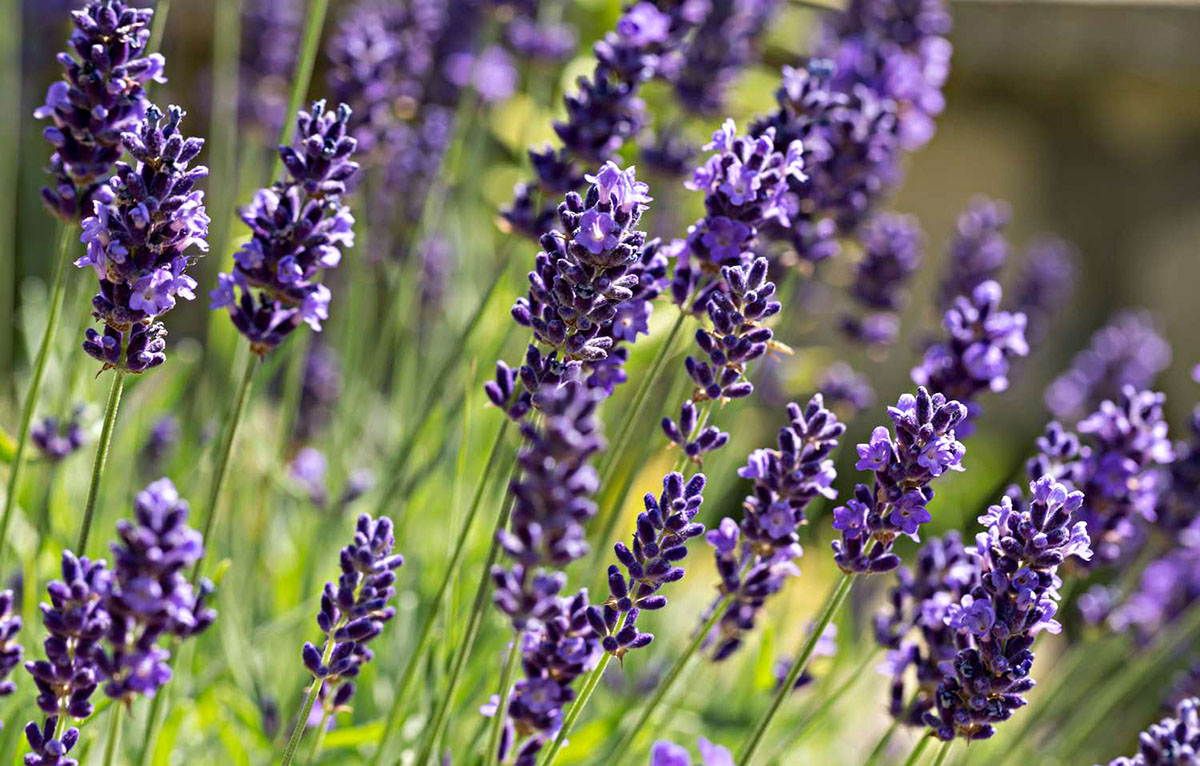
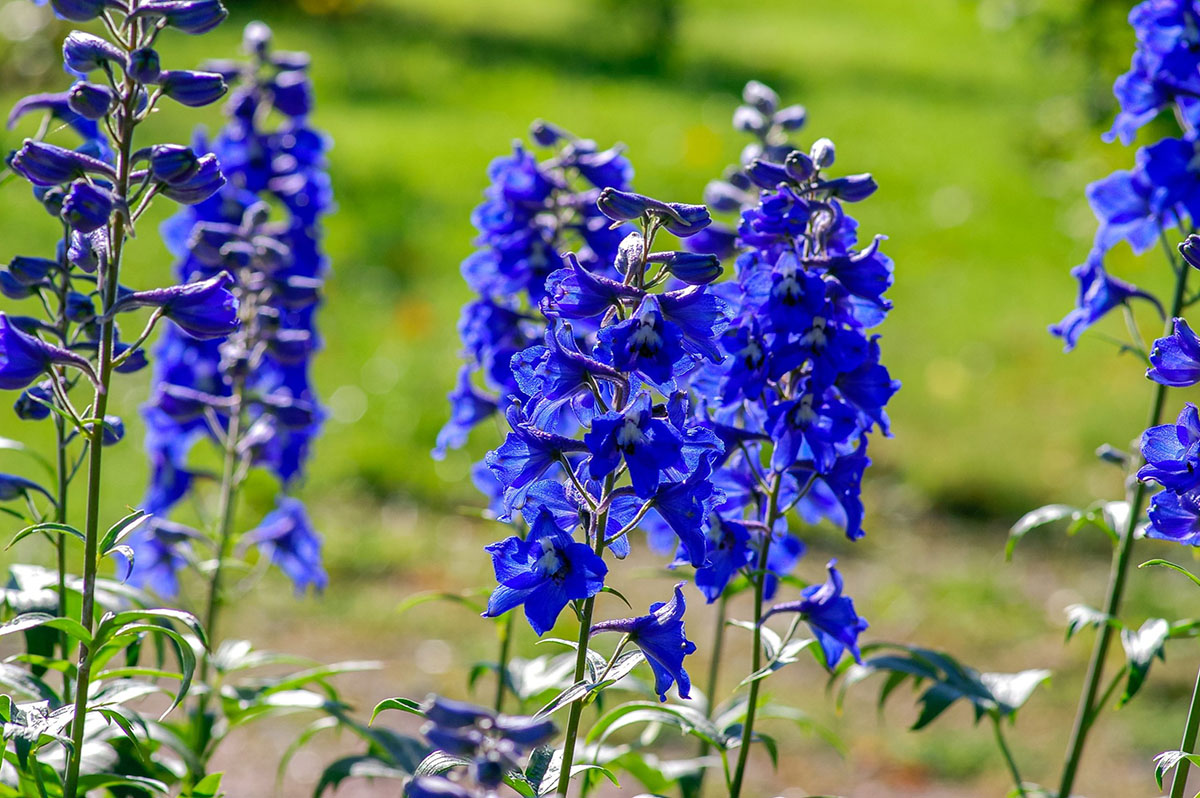
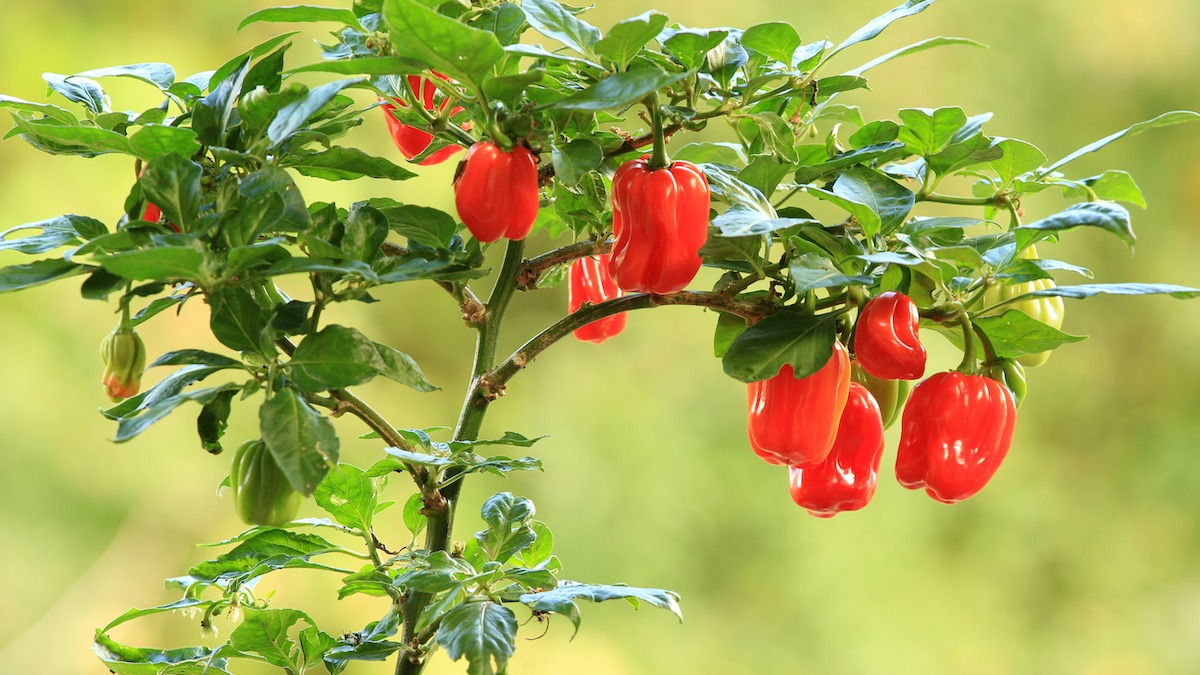
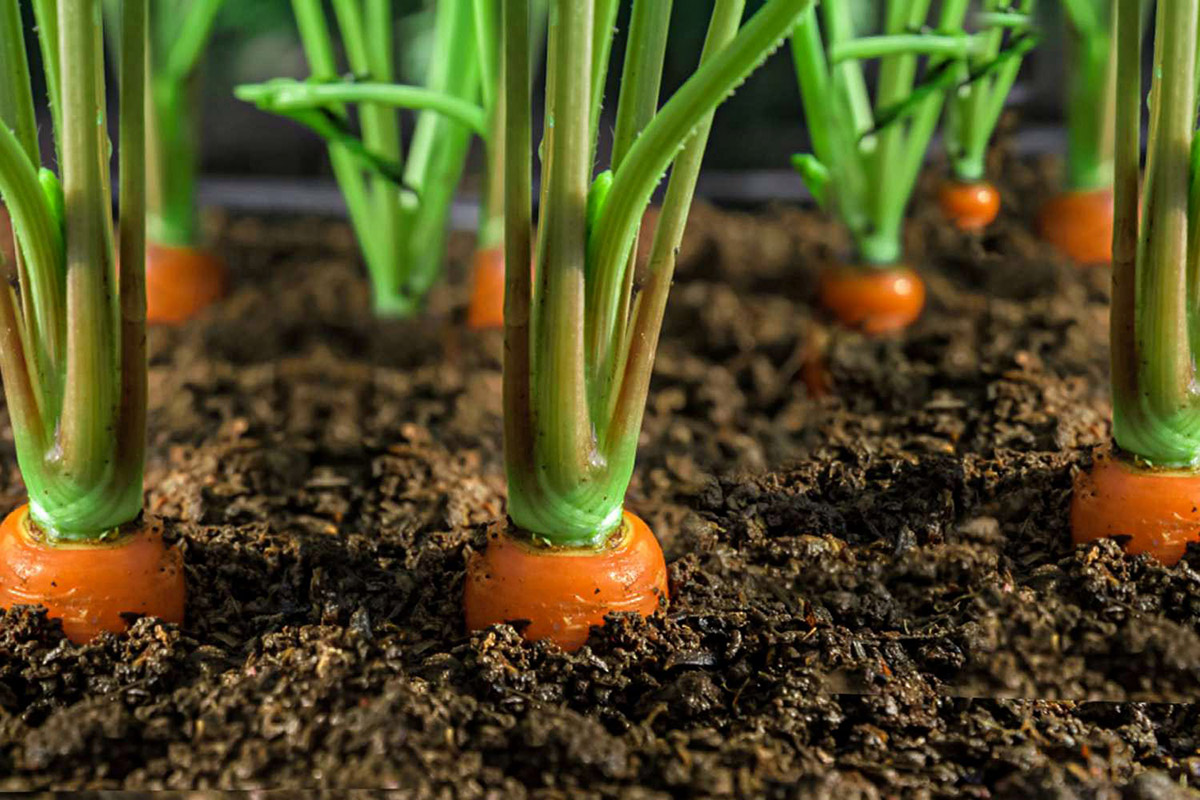

0 thoughts on “How Long For Luffa To Germinate”